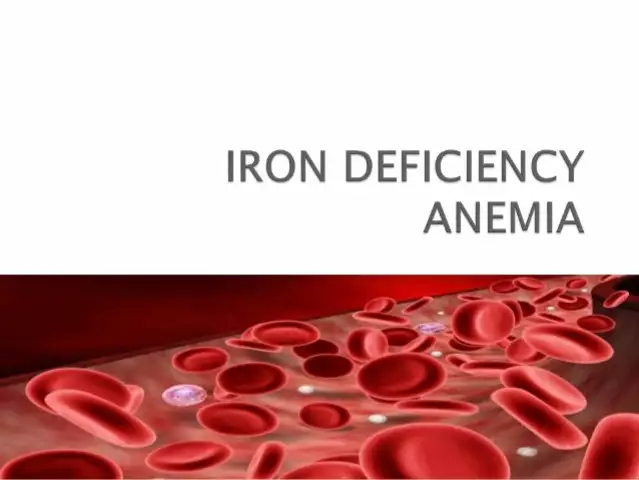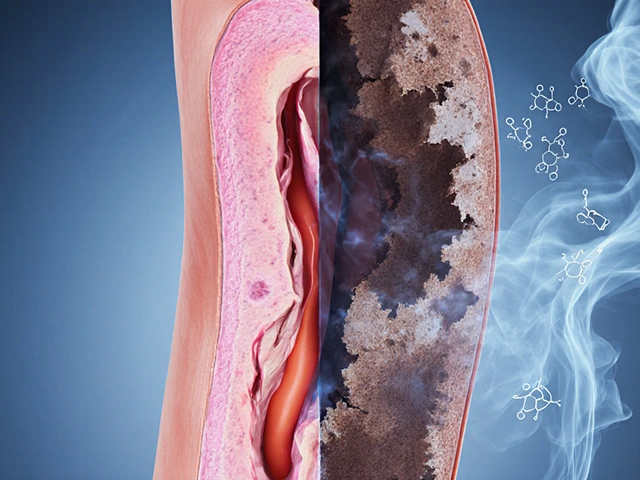Career Advancement: Practical Steps for Pharma & Healthcare Professionals
If you want to move up in pharma or healthcare, focus on skills employers actually pay for. Start by closing knowledge gaps: read clinical summaries, drug guides, and regulatory updates. Use trusted resources—like our drug articles, safety reviews, and industry news—to build a steady, searchable knowledge base you can cite in interviews or proposals.
Pick a specialty that fits demand and your interest. Clinical pharmacy, regulatory affairs, pharmacovigilance, medical writing, and digital health are busy fields right now. Learn the core terms, common workflows, and one or two tools used in that area—electronic medical records, adverse event databases, or manuscript submission platforms—so you speak the same language as hiring managers.
Hands-on experience beats vague claims. Volunteer for projects at work: drug safety reports, protocol reviews, or patient education content. If you don’t have internal opportunities, contribute to open-source clinical projects, write articles for niche sites, or support local public health efforts. Concrete examples of what you built or improved make your resume stand out.
Focus areas to boost your CV
Certifications and short courses help when they match the role. Think regulatory courses, pharmacovigilance certificates, or a medical writing bootcamp rather than long unrelated degrees. Add measurable achievements: reduced error rates, improved turnaround times, or published summaries. Employers notice metrics more than titles.
Learn to explain complex drug information simply. Practice writing clear drug summaries, patient leaflets, or safety bulletins. Good communicators get promoted because they reduce risk and save time. Build a portfolio with a few real examples—before-and-after edits, one-page case studies, or published pieces—so hiring panels can judge your work quickly.
Daily habits that move the needle
Block one hour a week for targeted learning: read one clinical review, summarize it in 200 words, and add it to your notes. Network with intention: follow regulators, journal editors, and senior clinicians on LinkedIn and ask one specific question when you reach out. Attend one webinar or local meeting each month and write a short takeaway you can share at work.
Apply for roles that stretch you by one level, not three. Stretch roles force growth without setting you up to fail. During interviews, give short, concrete examples of impact. Ask about priorities and quick wins for the first 90 days to show you plan to deliver value fast.
Finally, use content platforms to build authority. Publish short, accurate drug guides, safety tips, or case summaries that link to reputable sources. Over time those pieces become proof of expertise and a magnet for recruiters. Small consistent actions—focused learning, measurable work, clear communication—add up faster than waiting for the next big opportunity.
Ready to start? Make a 90-day plan: choose one specialty, complete one online course, write two short summaries, and contact three people in your network. Track progress in a simple spreadsheet and review weekly. Small, steady wins create visible momentum. If you'd like, use our tag pages and drug guides to pick topics and examples for your portfolio starting today.

- Nov 8, 2023
- Posted by Cillian Osterfield
Travel Sickness and Your Career: How to Stay Professional
Hey there! If you're like me and travel sickness gets in the way of your professional life, you understand the struggle. In this post, we are going to dive into how we can combat travel sickness while still maintaining our professionalism. I'll share tips on managing symptoms, making travel plans that suit our needs and communicating these issues at our workplace. It's time we take control of our careers regardless of travel sickness.
Categories
- Health and Wellness (70)
- Medications (68)
- Health and Medicine (28)
- Pharmacy Services (12)
- Mental Health (9)
- Health and Career (2)
- Medical Research (2)
- Business and Finance (2)
- Health Information (2)
©2026 heydoctor.su. All rights reserved





